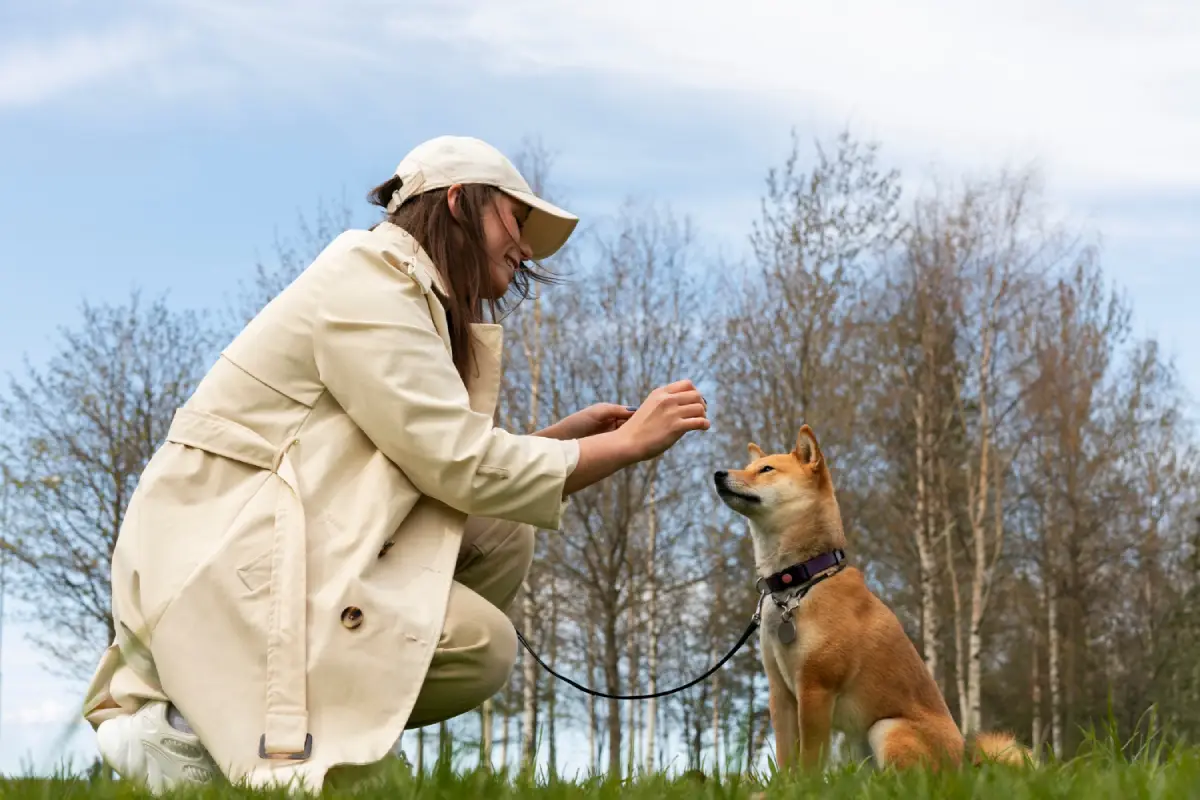Are you wondering, “Can dogs have black olives?” If you’re considering sharing your favorite snack with your furry friend, it’s crucial to know what’s safe. This guide delves into whether black olives are safe for dogs, outlines the potential health benefits and risks, and offers expert advice on how to introduce olives into your dog’s diet responsibly.
In this article, we address a crucial question: Can dogs have black olives? We provide a vet-approved guide for pet owners. This guide covers the nutritional benefits and risks of feeding black olives to dogs. Our goal is to help you understand what’s safe for your pet. We’ll look at nutritional content, safety precautions, and more. This will help you make informed decisions about your dog’s diet. Let’s find out if dogs can enjoy black olives safely.
Can Dogs Eat Black Olives?
Health Benefits of Black Olives for Dogs
Black olives might offer some health benefits to dogs, primarily through their content of healthy fats and antioxidants. The monounsaturated fats found in olives can contribute to a healthy coat, while antioxidants like vitamin E support the immune system. These elements suggest that, in small quantities, black olives could be a healthy snack for dogs.
Risks and Precautions When Feeding Black Olives to Dogs
However, the benefits come with significant caveats. The high fat content in olives, although healthy in moderation for humans, poses a risk for dogs, especially if consumed in large amounts. Dogs that ingest too much fat can suffer from pancreatitis, an inflammation of the pancreas that can be painful and serious. Symptoms of pancreatitis include vomiting, diarrhea, and abdominal pain, requiring immediate veterinary attention.
Another concern is the sodium content in olives, particularly those preserved in brine. Dogs have a low tolerance for high sodium levels, which can lead to dehydration and, in severe cases, sodium ion poisoning. Symptoms of excessive sodium intake include excessive thirst, urination, vomiting, and diarrhea. In extreme cases, it can lead to more serious conditions like kidney damage or seizures.
Given these risks, if you decide to feed your dog black olives, it’s crucial to do so in moderation. Ensure the olives are plain, without any added spices or garlic, which are toxic to dogs. It’s also advisable to rinse them to reduce their sodium content. Always introduce any new food into your dog’s diet gradually and observe for any adverse reactions.
In summary, while dogs can technically eat black olives, they should only be given occasionally and in small amounts. Always consult with your veterinarian before introducing new foods into your pet’s diet, to ensure they are safe and appropriate for your dog’s health needs.
Olive Trees and Dogs: Understanding the Risks
Olive trees are not highly toxic to dogs. Yet, the leaves, bark, and stems can upset a dog’s stomach if eaten in large amounts. Signs of discomfort include vomiting and diarrhea. If your dog likes to chew on plants, watch them around olive trees. Fallen olives are less of a worry if unsalted and fresh, but keep an eye on your pet.
Foods Toxic to Dogs
Many foods are harmful to dogs. This list includes chocolate, grapes, raisins, onions, garlic, and xylitol. These can cause serious health issues ranging from stomach upset to organ damage. Knowing which foods to avoid is key to keeping your dog healthy. For a comprehensive list, you can understand what foods to avoid by visiting this guide. When in doubt, talk to a vet.
Can Dogs Eat Olives with Pimentos?
Olives with pimentos are safe for dogs if the pimentos are plain. But, the same rules about fat and sodium apply. Check the ingredients if the olives have other fillings. It’s best to give plain, rinsed olives to avoid risks. Offer these as a rare treat and in small amounts.
How to Safely Introduce Black Olives to Your Dog’s Diet
To introduce black olives, start small. Give your dog a tiny piece of a plain, rinsed olive. Watch for any signs of upset like vomiting or diarrhea over the next day or two. If there’s no bad reaction, you can offer it as a treat sometimes. Remember, each dog is different. What’s safe for one might not be for another. Always put your dog’s health first and ask a vet if unsure about new foods.
Alternative Healthy Treats for Dogs
Seeking safer snack options for your dog? Fortunately, there are numerous nutritious and appealing alternatives to black olives. Here are a few dog-friendly treats that you might consider:
- Carrots: Not only are they great for dental health, but they are also low in calories and high in fiber, making them an excellent choice for a healthy snack.
- Apples: As a sweet and crunchy treat, apples provide vitamins and are good for your dog, provided you remove the seeds and core first.
- Green Beans: These are full of vitamins and can help keep your dog full and maintain a healthy weight, acting as a perfect low-calorie snack.
- Blueberries: Small but mighty, blueberries are packed with antioxidants and are a superfood that’s safe for dogs to enjoy.
When introducing new treats, always do so in moderation and keep an eye out for any adverse reactions your dog may have.
FAQs
Can my dog eat black olives?
Indeed, dogs can eat black olives, but it’s important to offer them only in small quantities and on an occasional basis. Ensure they are plain and have been rinsed to reduce their sodium content.
Are olive trees toxic for dogs?
Interestingly, olive trees are not highly toxic, but the ingestion of large amounts of their leaves and stems can cause stomach upset in dogs. Thus, monitoring your pet around these plants is advisable.
What foods are toxic to dogs?
Moreover, it’s critical to remember that certain foods are toxic to dogs and should always be avoided. These include chocolate, grapes, raisins, onions, garlic, and products containing xylitol.
Can dogs eat olives with pimentos?
Additionally, dogs can eat olives with pimentos as long as the pimentos are plain and the olives don’t contain any harmful additives. However, moderation is crucial.
Conclusion
In conclusion, while dogs can occasionally enjoy black olives in small amounts, there are many alternative treats that are safer and potentially healthier for them. Always prioritize your dog’s dietary needs and consult with a veterinarian before introducing any new foods to their diet. This approach ensures that your furry friend stays healthy and happy.
Lastly, for those interested in expanding their knowledge on dog nutrition and safe feeding practices, consulting with a veterinarian or exploring reputable pet health websites is recommended. Additionally, our parent article, “Black Olives: A Comprehensive Guide to Benefits, Recipes, and FAQs,” offers further insights into the benefits of black olives for humans, providing a comprehensive overview for all readers.





